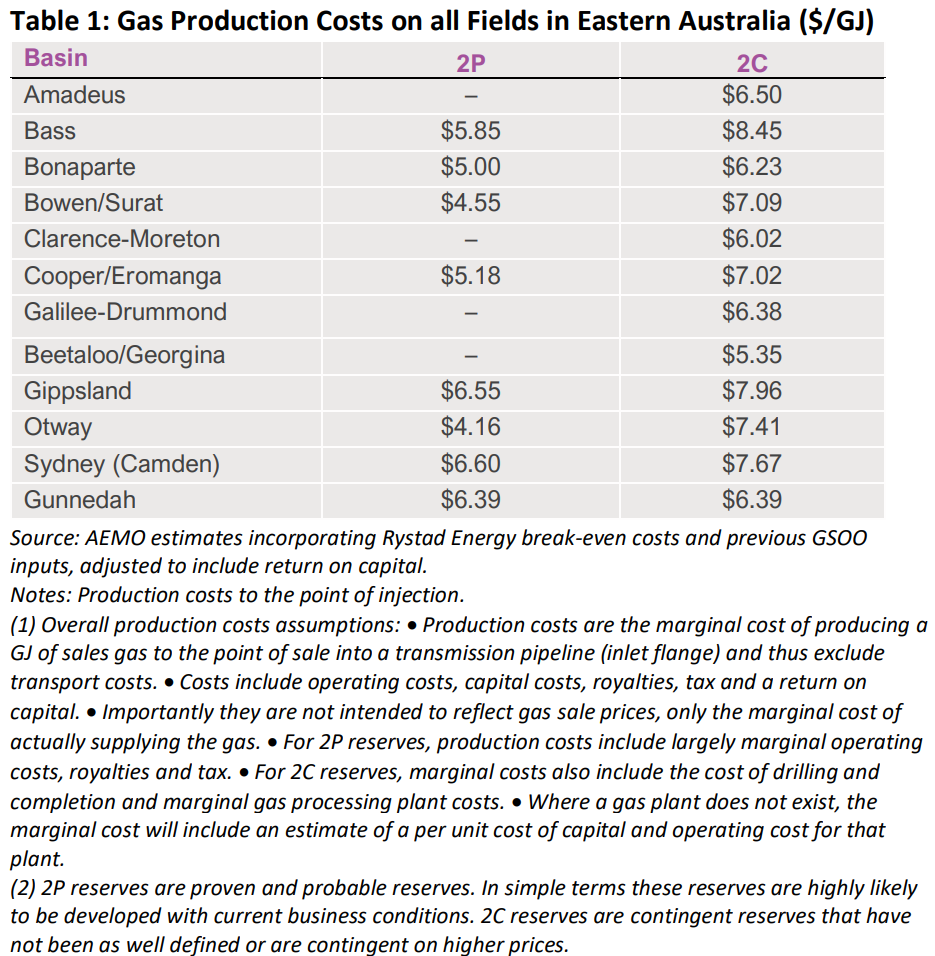Jennifer Hewitt writes a reasonable piece on the gas crisis, but her conclusion is rubbish. AFR.
…blaming the LNG export industry for high power prices is an easy political target despite the extraordinary complexity and commercial self-interest in the gas market.
At various times since, both Coalition and Labor governments have attempted to make up for this with enhanced industry agreements and codes of conduct designed to ensure these projects supply gas at reasonable prices to the domestic market.
The numerous exceptions allowed, along with the unmanageable size of additional gas volumes offered to domestic manufacturers, mean this never worked as promised to ensure sufficient supply available at low prices.
The bottom line? This seems unlikely to change under either party.
Rubbish. The Dutton proposal will clearly bring down prices if it is enacted with enough vigour.
“Commercial self-interest” is the critical phrase here.
Applying the new domestic reservation regime is not about the particulars. It is about fear.
The gas export cartel is a price-fixing failed market that controls 90% of reserves. Regulators are powerless to stop it.
In such circumstances, a liberal democratic sovereign government is obligated to break the cartel.
It can break it up with anti-trust measures, as the US did with Standard Oil.
It can nationalise critical components of it, as the US did in the GFC.
Or, it can regulate it so hard that the business model is implicitly shifted to a cost-plus model.
Of these three, the most viable option for Canberra is the last. It needs a mechanism that forces the cartel to price like a utility (or, at least, like a semi-regulated monopoly).
The Dutton plan to force spot exports back into the local market does this. If the cartel responds by cutting production, then the Dutton provision that new gas flows that must equate to 10-15% of local demand ensures the cartel must still supply it, and it will have to break supply contracts, which is on it. Is that in its commercial interest? No.
The Dutton provision to fine the cartel’s arse off if it doesn’t comply is a good extra stick. Is that in its commercial interest? No.
Is it in the cartel’s executives’ interest to be humiliated in Canberra? Is it in their interest to be threatened with an export levy that takes all its export profits? No.
Then this is what you tell the cartel comes next if it does not play ball.
Commercial self-interest is not fixed. The cartel has been allowed to run riot, so it has not had to adapt to local needs. It has hollowed out industry. Derailed the energy transition. Killed five prime ministers. And smashed living standards.
All because no government has had the balls to face it down.
But, if it confronts a genuinely decisive Canberra, the cartel’s profit maximisation incentive shifts to working with and within the new regime.
Look at the corporations in America and around the world doing crazy 180-degree turns of everything from DEI to tariffs.
This is because they know the Trump administration is serious.
QLD gas at $7Gj is immensely profitable. Gas at $9-10Gj is a goddamned boom. It is far too high!

If Dutton is serious enough and faces down the cartel with the balls so far lacking in everybody, the cartel will break owing precisely because of its “commercial self-interest” and the Gasmegddon will be avoided.


